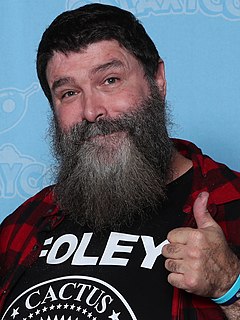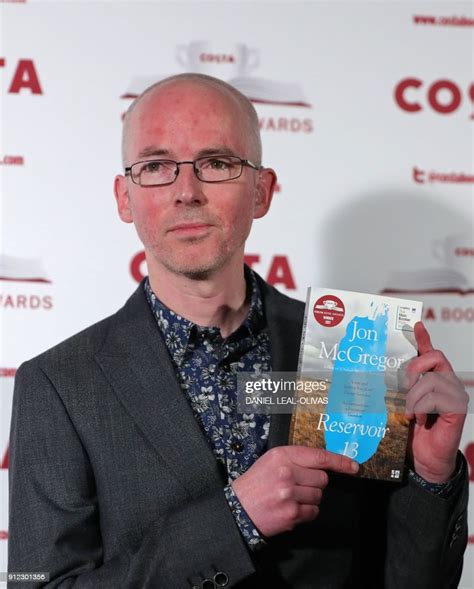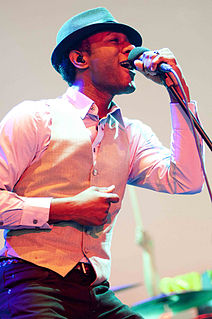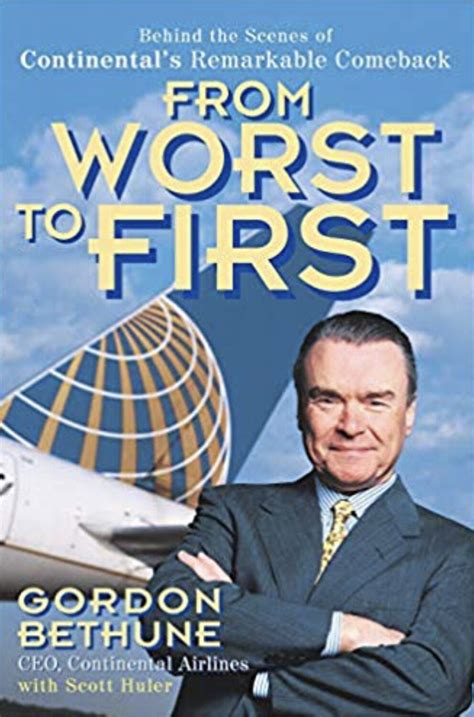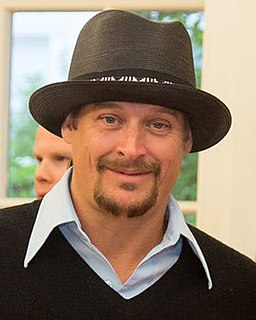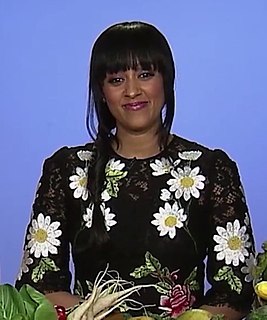A Quote by Mick Foley
I think people who read Internet blogs are usually trying to fit it in during a busy part of their day, and there's only so much information that you digest. Whereas an experience with a book is a little more comfortable, and I think people are a little more willing to really delve into information.
Related Quotes
I think that because of YouTube, because of MySpace, because of the digital domain that we have on the Internet, the younger generation is much more open to information. I think it's so much easier for them to gain information and trade information, and they have become more aware. In some cases, more aware than their own parents and adults, as to what's going on in the world. I find that really intriguing and interesting, and I think there is a brewing of a whole new generation of activists coming.
At Facebook we feel a lot of affinity not just for this community but for any community that is trying to do what Davos is trying to do, which is to share information. And Davos is doing it in a particular way - I think the Facebook approach is obviously more broad-based, we're trying to include everyone in the world. But the goal is the same: bring people together, to share information and make the world more connected, and have people have a deeper understanding of themselves, others, the communities of which they want to be a part and can be a part.
I think that when people read fiction, they're really reading for wisdom. I am. That's what most of us really love. If we read a novel that rocks our world, it's because there's something in it that we didn't know already. Not just information but really wisdom - sort of what to do with our information. And wisdom comes from experience.
I think by the next generation either we'll have a lot of idiots who are just completely immersed in media and corporatized information, or we'll have people who enjoy media and corporatized information, but are more interconnected with human beings around the world ... And who share common goals and are willing to accept that they are a global citizen. I think the latter is more the direction.
But I like to think that a lot of managers and executives trying to solve problems miss the forest for the trees by forgetting to look at their people -- not at how much more they can get from their people or how they can more effectively manage their people. I think they need to look a little more closely at what it's like for their people to come to work there every day.
If you think of dramaturgy in North America, which is so realistic and so literal sometimes, sometimes what theaters - especially dramaturgs - ask for is more information, which sometimes can really weigh down a play. There's only so much information a play can have. If you start putting in so much information, it becomes something completely different, it doesn't sing.
I think that you may find that Tamera's a little more vibrant and energetic, but I'm much more likely to go up to a person and say, 'Hi, I'm Tia, nice to meet you.' Whereas Tamera is like... well... she's a little shy. She's down to earth. I'm more extroverted and she's more introverted when meeting people.
As recently as the '70s, people were forced to see information that they didn't agree with in newspapers and the like. Now there is so much information you really can build your own walled garden that just has the stuff that reinforces your view. I think it applies to all of us. People are really going into these separate camps, and that's the big social challenge in this age of too much information. How do we crack that and create a common dialogue?
